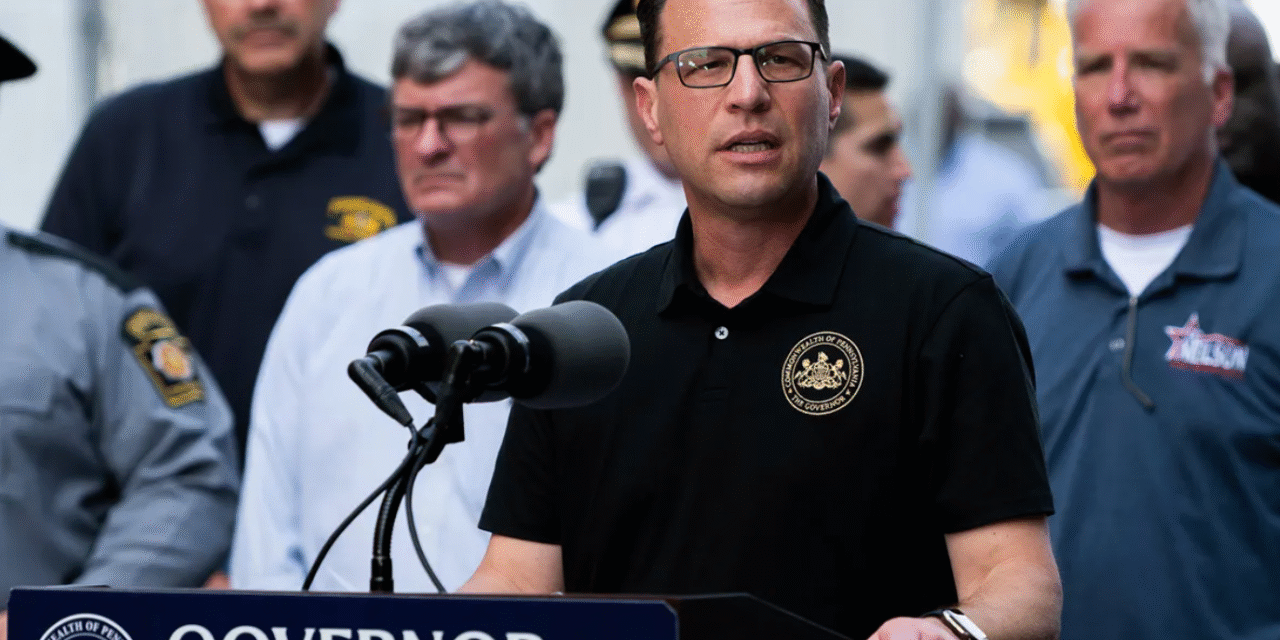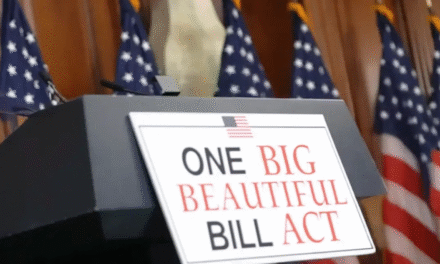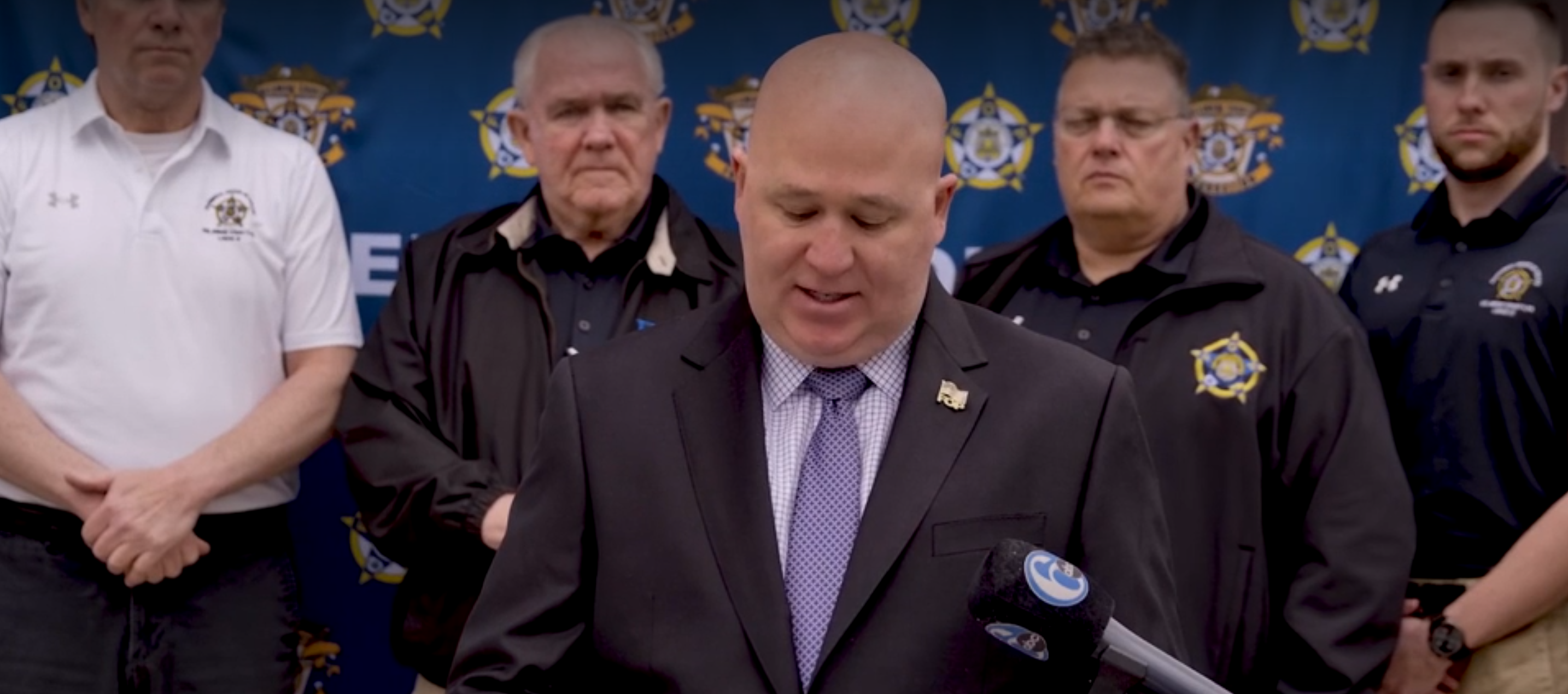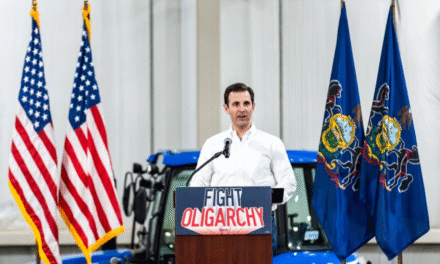Pennsylvania Gov. Josh Shapiro is pressing lawmakers to resolve a nearly two-month budget impasse that has stalled funding for schools, transit, and counties across the state. He accused Senate Republicans of deliberately dragging out negotiations for political gain, while vowing to stay at the table to broker a compromise.
Pennsylvania Gov. Josh Shapiro is urging lawmakers to break a nearly two-month budget stalemate that has delayed funding for schools, counties, and transit systems. The budget, due at the end of June, has now been stalled for 56 days, with Shapiro criticizing Senate Republicans for holding just 26 work sessions this year. He accused them of prolonging the impasse for political gain, calling the tactic “cynical” and “wrong.”
Despite his frustration, Shapiro pledged to remain engaged at the negotiating table, working to bridge differences between Senate Republicans and House Democrats. He declined to reveal specific sticking points but acknowledged that “a few things” remain unresolved and that compromise will be required to reach a deal. Emphasizing humility and public service, Shapiro said his focus remains on “the good people of Pennsylvania” and vowed to deliver a budget that meets community needs across all 67 counties.
Gov. Josh Shapiro pushed back Monday against Republican criticism over Pennsylvania’s nearly two-month-late budget, accusing GOP leaders of intentionally stalling negotiations for political advantage ahead of his 2026 reelection campaign. Shapiro argued the delay only harms residents, saying, “I understand the game” but trying to slow down the state budget for “some political advantage” is “sad.” He declined to disclose specifics of the unresolved disputes but stressed his role as a mediator between Senate Republicans and House Democrats.
Senate Republicans earlier advanced a temporary budget extending last year’s funding levels, which House Democrats rejected as a stall tactic. Shapiro said he has primarily negotiated with Senate Majority Leader Joe Pittman, whom he credited for “acting in good faith.” Meanwhile, Treasurer Stacy Garrity, Shapiro’s likely GOP opponent, has made the budget impasse central to her campaign, launching with endorsements from top Republican lawmakers who say she is best positioned to defeat Shapiro. Garrity has accused Shapiro of prioritizing national ambitions over state responsibilities.
Shapiro insists his openness is part of negotiating a long-term solution, not a reversal, while accusing Senate Republicans of dragging out budget talks for political gain. Pennsylvania’s budget remains two months overdue, with transit funding at the center of negotiations.
Shapiro signaled Monday he is open to shifting money from the Public Transportation Trust Fund (PTTF) — normally reserved for long-term transit upgrades — to help SEPTA and other agencies avoid severe service cuts. The idea originated with Senate Republicans, who proposed using $419 million this year and next from the fund for transit operations, while also diverting an equal amount to roads and bridges. Democrats rejected that plan, with Shapiro stressing he will not support using transit dollars for highways.
Republicans argue the PTTF has ballooned to $2.4 billion and can cover short-term needs. But Transportation Secretary Mike Carroll countered that most of the money is already allocated to future projects, meaning tapping it would undermine system modernization without solving ongoing operating challenges. The Democratic-controlled House has instead advanced a plan to increase transit’s share of sales tax revenue by nearly $300 million annually, with a smaller share also dedicated to roads.
Gridlock over education spending also persists. Following the recommendation of a bipartisan commission to craft proposed solution for what a Commonwealth Court said was inequitable funding between school districts, Democrats want to expand funding under the court-ordered “adequacy formula,” while Republicans seek to keep spending flat or revise the system. This formula was applied to last year’s budget, with an additional $500 million funded. Democrats want to double that for this budget cycle.






